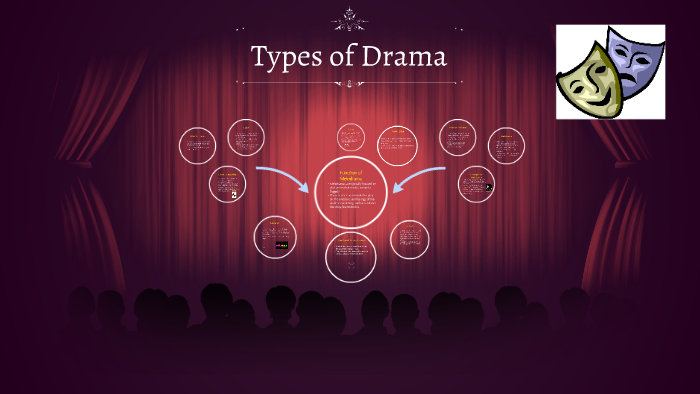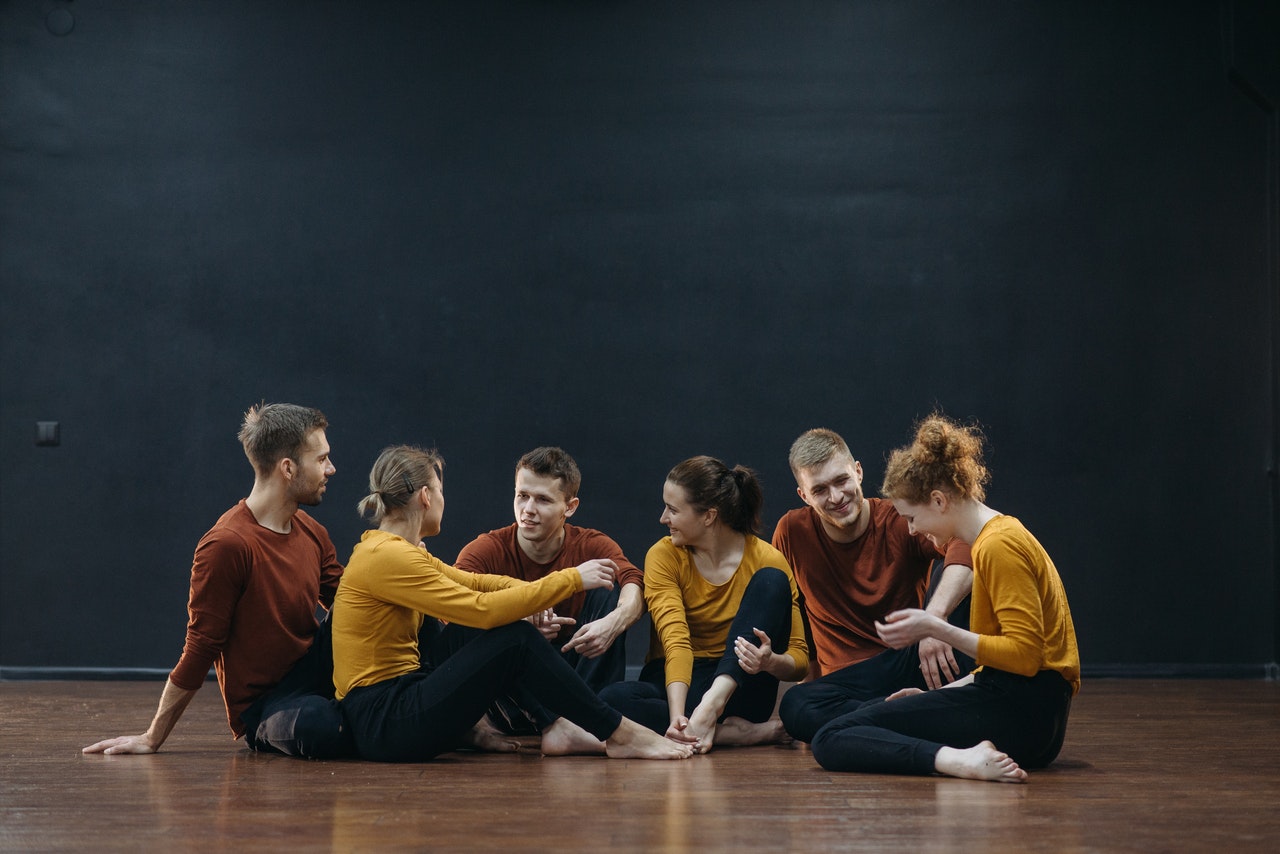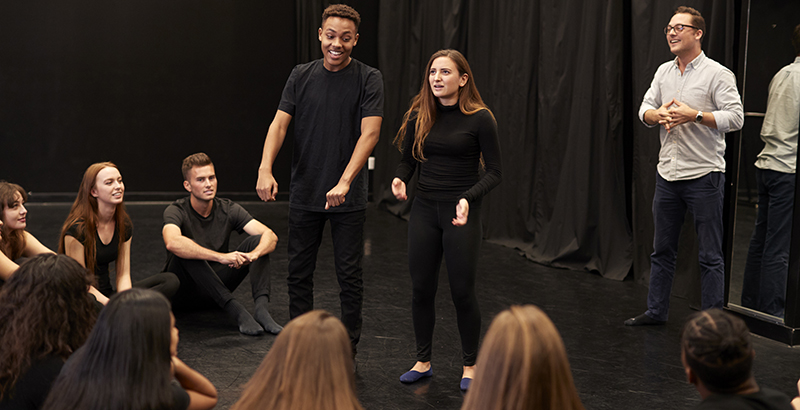TYPES OF DRAMA ACTIVITIES
Drama activities are extremely significant in the classroom because they allow kids to enjoy and enjoy the activities and school teachings, as well as work collectively and build self-confidence. Furthermore, theater in the classroom fosters creativity, inquiry, communication, empathy, and leadership among pupils. Due to the range of strategies used in drama, it is essential and useful in a number of areas.
Types of drama activities
Improvisation, role plays, mime, puppet plays, performance poetry, frozen image creation, skits, reader's theatre, simulation, and more are examples of drama activities that can be utilized as teaching tools, warm-ups, games, or formal tasks.
1. Dramatic and linguistic games
Drama and language games are dramatic and linguistic activities that serve as warm-ups for subsequent activities, such as dramatic activities. This also serves as a warm-up for role-playing, improvisation, and other theatrical scenarios. Dramatic games are used as icebreakers, stimulants, and other activities to attract students' attention.
2. Roleplays
Roleplay is a type of theater exercise that entails acting out a scene from a book, short story, novel, script, or even real life. Roleplay is a well-known approach for students to familiarize themselves with the social situations in which they engage on a regular basis. Students must fulfill certain duties that include aspects such as what they say, do, and share with others. This conversational practice aids in the mastery and enrichment of vocabulary, as well as the development of communication skills. Acting in a different social and cultural setting is the focus of this spoken action.
3. Improvisation
Improvisations refer to a brief introduction as a warm-up. This refers to giving roles,
situations of which an immediate reaction is requested from it. This is based on encouraging
students to be part of communication and use the language with an important availability, it
helps to gain confidence to face unexpected situations, learn to relate, and create a
conversation from scratch, concentrate on transmitting their knowledge and not repeating a
previously made writing or dialogue, using the imagination within the improvisational plane,
and being creative when expressing the language easily.
4. Simulation
A simulation is a study of a certain topic, in which students become participants in an event
and shape the course of the event. In this type of activity, students have roles, functions, and
responsibilities within a structured situation. On the other hand, simulations are considered to
be a set of circumstances that are intended to reflect real life, in which students act according
to the instructions given by the teacher. A simulation activity provides a specific situation
within which students can practice various communication skills such as expressing their own
opinions, convincing others, arguing to obtain opinions from others, solving problems in
groups, analyzing situations, etc. In this “drama” activity, students must take appropriate
behavior to fulfill their duties and responsibilities.
Readers' theater is a “drama” activity, which consists of an oral presentation, prose or poetry
by two or more students who must take the role of readers. Students who took the role of
readers must first read a story and then transform it into a script that involves various
characters in the activity. The script is then made for a target audience. After this, to portray a
character, readers strive for. "Voice flexibility, good articulation, correct pronunciation and
projection".




Comentarios
Publicar un comentario